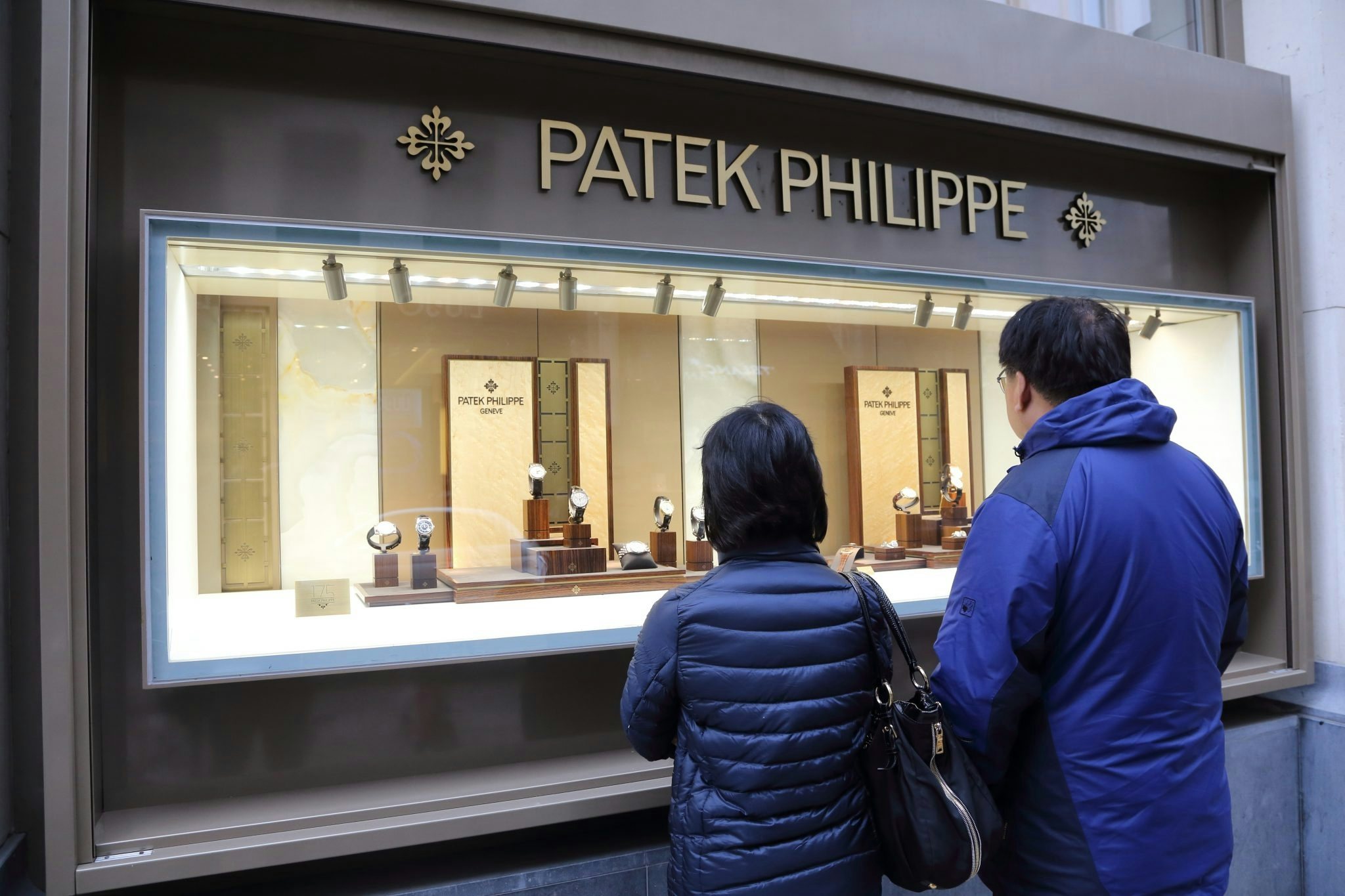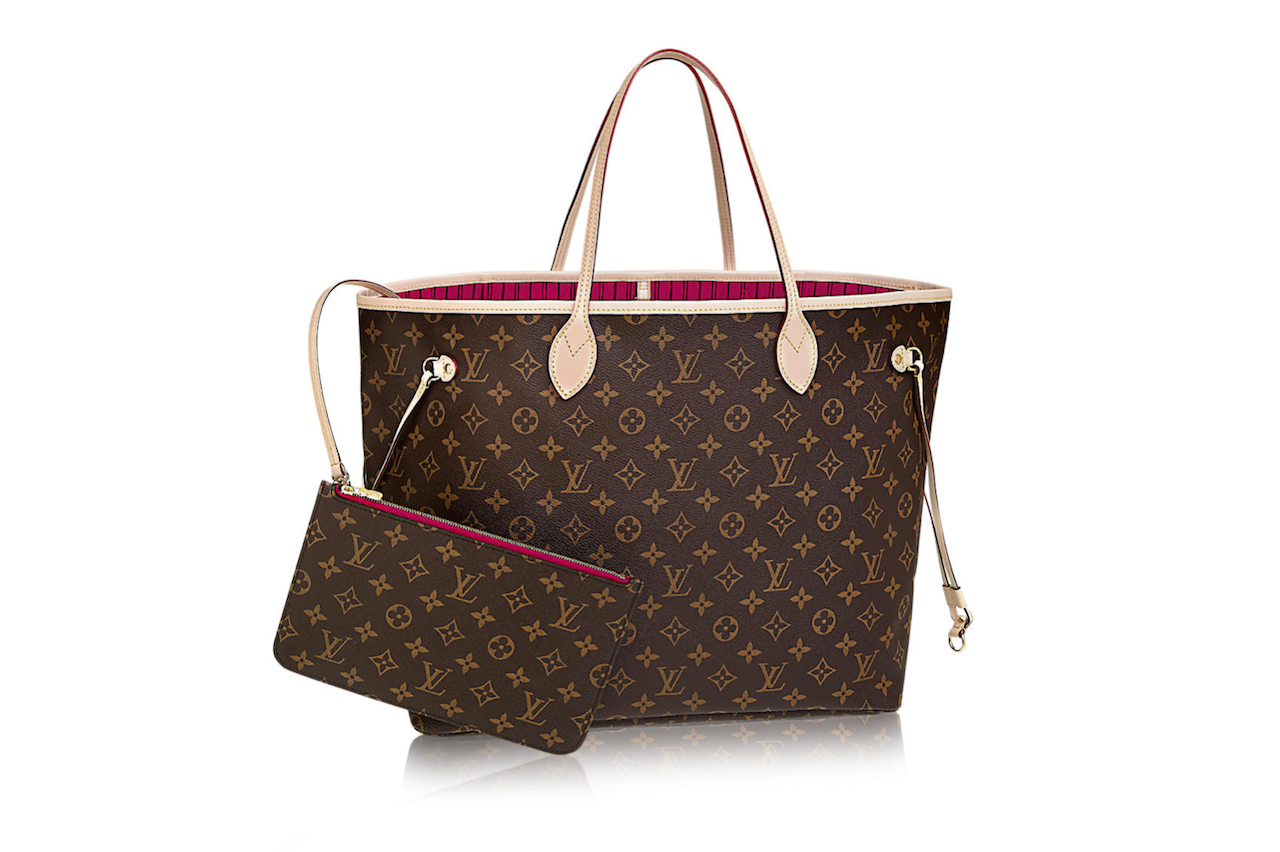At the recent Art Of Watches Grand Exhibition in New York City, Thierry Stern, the owner of the 178-year-old luxury watch brand Patek Philippe, gave some insight to how the brand has endured in the ever-changing luxury industry and also explained why adapting for the China market isn't right for the brand.
"It would be a big mistake to adapt to a market," he told the Straits Times in an interview. "If people like Patek Philippe, it's because they like the design and the philosophy of the brand. If you start to adapt yourself to every market, you are going to lose that."
He said rushing to meet Chinese demand hurt many companies. "They all thought it was going to be fantastic, they were going to sell so many watches. I warned a lot of them, but they just produced, produced and produced. Look what has happened.”
The Geneva-based company showcased over 400 timepieces (both new releases and historical watches) at the exhibition.
Because the company is small and privately owned (it's a family-run business), full control, Stern said, is the key to success. “You can't do that if you were part of a group with a strict CEO. We are a family business. I bring my creativity and I innovate,” he said. “I also have a guardian in my father who tells me to keep a certain DNA in the brand.”
A regular collection Patek watch (watches sell for between 22,135 and 94,464 at Tourneau in New York) requires at least nine months in production. Thus, the company supplies a set number of 58,000 pieces a year. Stern said they won’t produce any more pieces in response to the booming Chinese market demand, and the brand won’t shift its supply from America and Europe to China either.
It is interesting to note that, despite what Stern said, two out of the only five Patek Philippe salons that retail the brand's full collection in the world are located in China.
The timepieces also gained a certain cachet as a result of a handful of groundbreaking sales at auction including the 2014 sale of the timepiece of Qatar's Sheikh Saud bin Mohammed Al-Thani, which sold for 24 million at Sotheby's Geneva after the former culture minister's mysterious death.
The brand also puts a lot of emphasis on a traditional shopping experience, according to Stern.
"It's a good moment when you decide to buy a Patek Philippe," he said. "You go to a store, you're willing to sit, listen, learn about watches and try them on. I'm not selling something mass. They're not a lot of them around, you need to choose wisely and you need to try them on. And we have well-trained people to help you and answer all your questions."
As a result, the brand is reluctant to follow the lead of Louis Vuitton and other luxury brands and move into the e-commerce realm anytime in the near future.


